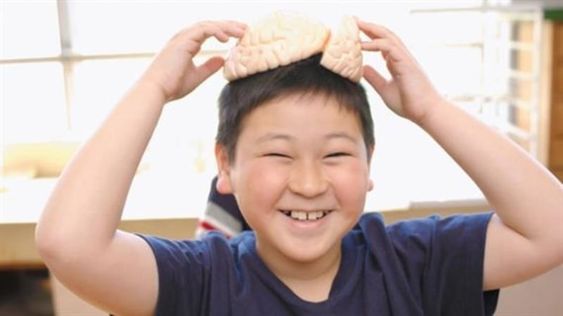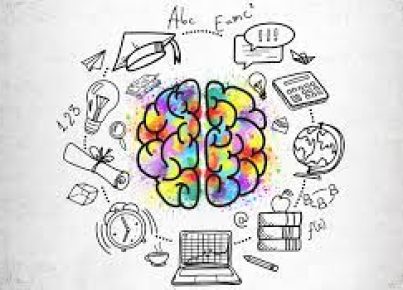As educators, understanding the workings of the human brain is essential to help students learn effectively. To broaden their knowledge, teachers should delve into books that not only cover the latest in neuroscience research but also provide practical tips on how to apply these discoveries in classroom settings. Here are seven must-read books about the brain for every teacher:
1. “The Whole Brain Child” by Daniel J. Siegel and Tina Payne Bryson
This book provides educators with 12 key strategies to help their students develop emotional intelligence and foster healthy brain development. It is an indispensable resource for teachers looking to integrate brain-based learning techniques into their classrooms while nurturing well-rounded individuals.
2. “Mind, Brain, and Education: Neuroscience Implications for the Classroom” edited by David A. Sousa
This collection of essays compiles insights from leading neuroscientists, cognitive psychologists, and educators who discuss a wide range of topics related to how the brain learns. With research-based guidance on classroom practices and teaching strategies, this book offers an in-depth understanding of how neuroscientific findings can be implemented in education.
3. “How the Brain Learns” by David A. Sousa
In this best-selling book, Sousa integrates recent research findings with practical strategies for teaching various subjects more effectively. He breaks down complex concepts into simple language while providing easy-to-implement tips that can revolutionize your teaching approach.
4. “Brain Rules” by John Medina
This fascinating book offers 12 principles developed from extensive research in neuroscience and psychology that guide optimal learning conditions. Medina presents these principles in a humorous, engaging manner that will help you understand how improving the mental and physical environment for students positively impacts their ability to absorb information.
5. “Teaching with the Brain in Mind” by Eric Jensen
Through this engaging read, Jensen outlines several ways that teachers can develop brain-compatible classrooms while fostering effective learning. Drawing from scientific studies, he presents evidence-based methods that can help students retain more information, improve focus, and develop problem-solving skills.
6. “Making Thinking Visible” by Ron Ritchhart, Mark Church, and Karin Morrison
This book delves into the fascinating topic of making students’ thinking processes explicit to promote their overall understanding of complex concepts. By providing various thinking routines and classroom examples, the authors demonstrate ways to stimulate critical thinking skills in students while offering tools for assessing their understanding.
7. “Why Don’t Students Like School?” by Daniel T. Willingham
Willingham examines the reasons behind students’ lack of engagement in school settings and offers practical solutions based on cognitive psychology research. This book is an invaluable resource for teachers who wish to create stimulating classroom environments that cultivate curiosity and a hunger for knowledge.
In conclusion, enriching your understanding of the human brain’s intricacies can drastically improve your teaching strategies and ultimately help your students succeed academically and emotionally. These seven books provide essential knowledge about neuroscience and how it relates to education, making them must-reads for every teacher.




